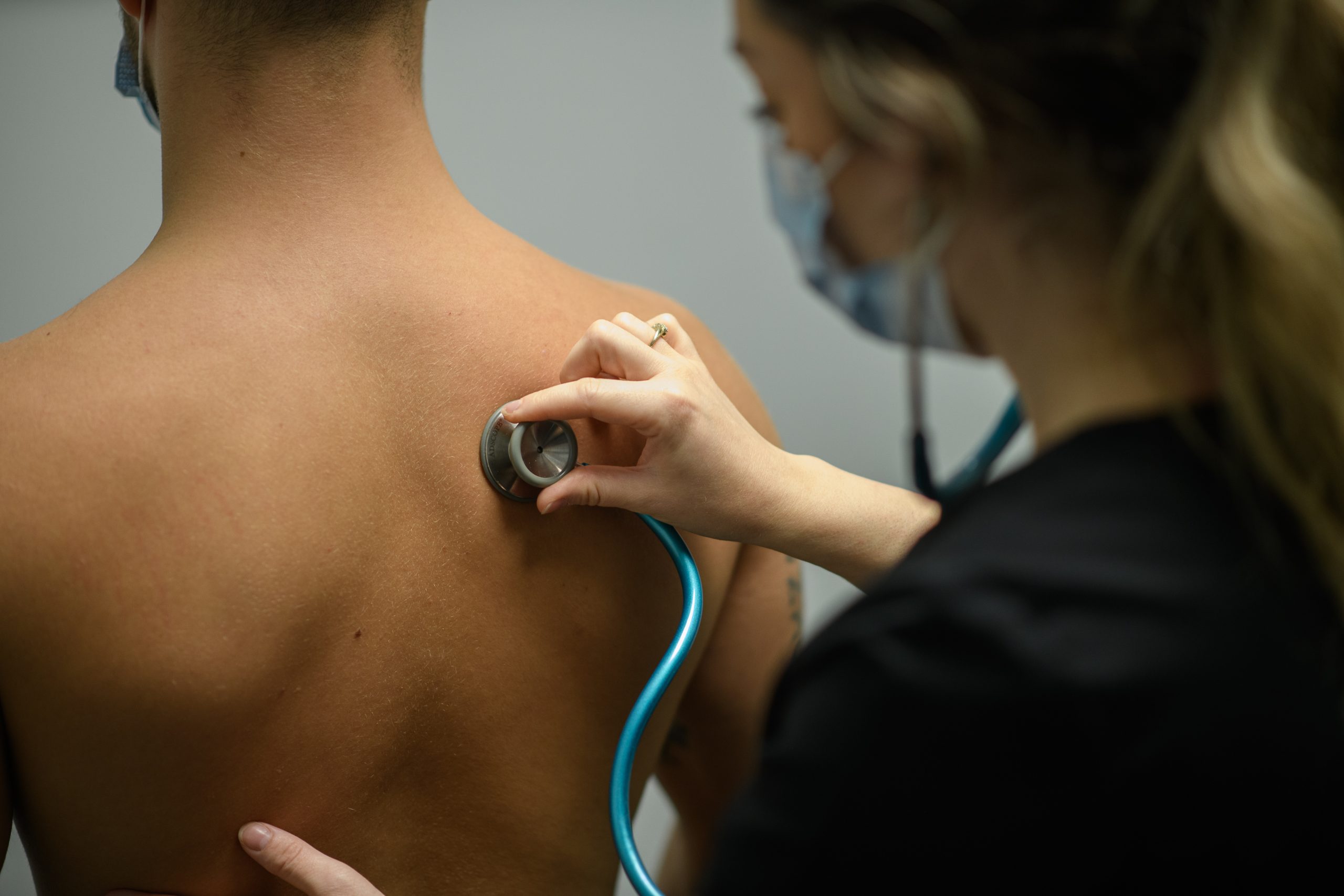Cardio-Respiratory Physiotherapy

Introduction
Cardio-respiratory physiotherapy, also known as cardiopulmonary physiotherapy, is a specialized area of physiotherapy that focuses on the assessment, diagnosis, and treatment of individuals with conditions affecting the cardiovascular (heart) and respiratory (lungs) systems. This branch of physiotherapy is particularly concerned with optimizing cardiovascular and pulmonary function, improving respiratory efficiency, and enhancing overall physical conditioning.
The principles of cardio-respiratory physiotherapy are based on a comprehensive understanding of cardiopulmonary anatomy, physiology, and pathology. Some of the key principles include:-
Assessment: Thorough evaluation of the patient’s cardiovascular and respiratory function, including their medical history, symptoms, vital signs, exercise tolerance, lung function tests, and cardiovascular fitness assessments.
Treatment planning: Individualized treatment plans tailored to the specific needs and goals of each patient. This may involve setting targets for improving cardiovascular fitness, enhancing pulmonary function, increasing exercise tolerance, and managing symptoms.
Exercise prescription: Designing and implementing exercise programs that target cardiovascular conditioning, respiratory muscle strength, endurance, and functional capacity. These programs may include aerobic exercises, resistance training, breathing exercises, and functional activities.
Respiratory management: Techniques to optimize respiratory mechanics, such as breathing exercises, airway clearance techniques, and strategies to improve ventilation/perfusion matching.
Cardiovascular rehabilitation: Rehabilitation programs for individuals recovering from cardiac events or surgeries, aimed at improving cardiovascular fitness, reducing cardiac risk factors, and enhancing overall cardiovascular health.
Education and self-management: Providing patients with education and support to help them understand their condition, manage symptoms, adhere to treatment plans, and adopt healthy lifestyle behaviors.
Monitoring and reassessment: Regular monitoring of progress, reassessment of goals, and modification of treatment plans as needed to ensure optimal outcomes and ongoing improvement.
Call Us Today for Consultations
Quality Care for a Better Quality of Life.
